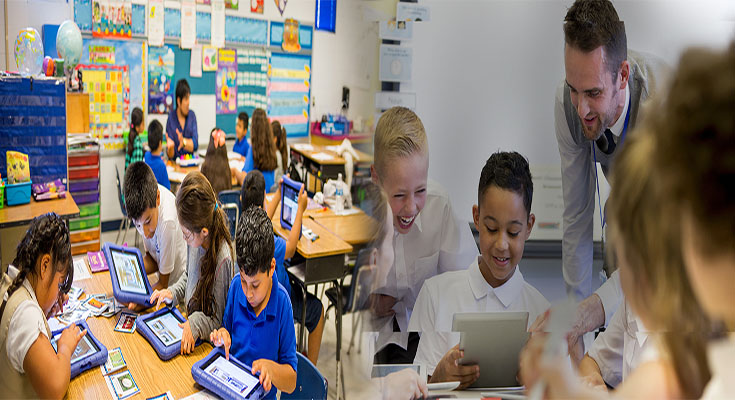
Emergence of Hybrid Learning Models in Tomorrow’s Schools
In the wake of recent global events, the role of technology in education has become more prominent than ever before. With a growing focus on the need for flexibility and adaptability in the learning process, hybrid learning models have emerged as a promising solution for tomorrow’s schools. Combining the best of traditional classroom instruction with online and remote learning, these hybrid models offer a new way of delivering education that caters to the diverse needs of students while preparing them for the challenges of the digital age. Let’s delve into the emergence of hybrid learning models and their potential impact on the future of education.
The Blending of Traditional and Online Learning
Hybrid learning models aim to strike a balance between traditional, face-to-face instruction and online learning experiences. This blending of approaches allows for greater flexibility and accessibility while still preserving the benefits of in-person interaction, real-time feedback, and social …
Emergence of Hybrid Learning Models in Tomorrow’s Schools Read More

